
We use a core set of cookies to make our website work. We also use optional cookies to measure our site's performance, personalize content and provide social media features, including through our advertising and analytics partners. For the optional cookies, you can "Accept All" or "Reject All."
By using our site, you agree to our Terms of Use and Privacy Policy.


194 Posts
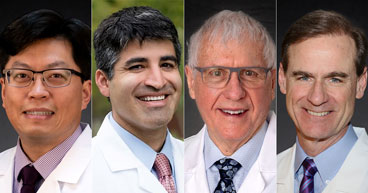
December 27, 2023
Four doctors share how their early years shaped their futureThese doctors found their passion for patient care through the events and relationships that helped shaped their lives.
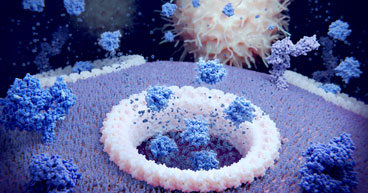
November 1, 2023
What is a cytokine storm and how do doctors treat it?Cytokine release syndrome may occur as a reaction to immunotherapy drugs for cancer.
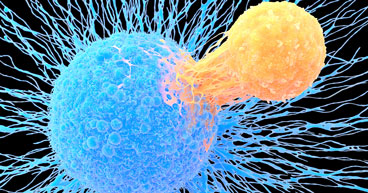
October 26, 2023
What happens if CAR T-cell therapy failsCAR T doesn’t always eradicate the disease and it may still progress in a significant number of patients following treatment.
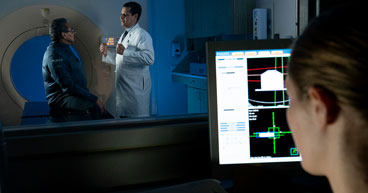
October 17, 2023
Radiation oncology vs. radiology: What’s the difference?While radiologists are focused on diagnosing cancer, radiation oncologists are focused on treating it.
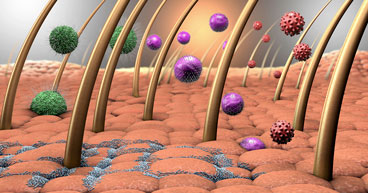
October 12, 2023
What’s the difference? Skin cells and skin cancersSkin cancer is the most common cancer in the United States, with more than 3 million people diagnosed each year.

October 5, 2023
What you should know about bariatric surgery and cancer riskWeight loss from bariatric surgery may help reduce estrogen levels, which in turn may decrease an individual’s risk of certain gynecologic cancers,” as well as estrogen receptor-positive breast cancers and other hormone-driven cancers.
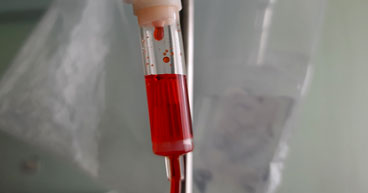
September 28, 2023
Does doxorubicin deserve its ‘red devil’ reputation?Doxorubicin is sometimes called the “red devil chemo” both because of its distinctive color and because it may cause serious side effects.
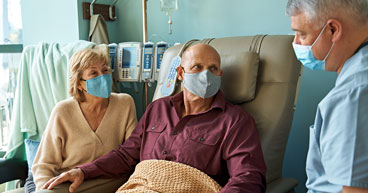
September 20, 2023
5 Common chemotherapy myths and the reality behind themBecause so many cancer patients are likely to have chemotherapy recommended to them, they should understand the truth and the myths regarding the treatment.
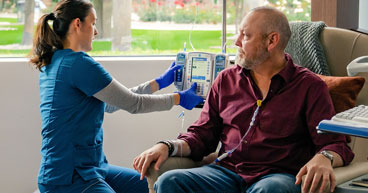
August 17, 2023
Cancer treatments often may include more alternatives to chemotherapyChemotherapy is still regularly used in cancer treatment—either by itself or in combination with other therapies—but oncologists also have a variety of newer cancer-fighting drugs at their disposal.
Guidelines
The information contained in this blog is not intended nor implied to be a substitute for professional medical advice. Always seek the advice of your physician or other qualified health provider prior to starting any new treatment or with any questions you may have regarding a medical condition. Nothing contained in the blog is intended to be used for medical diagnosis or treatment of any illness, condition or disease.